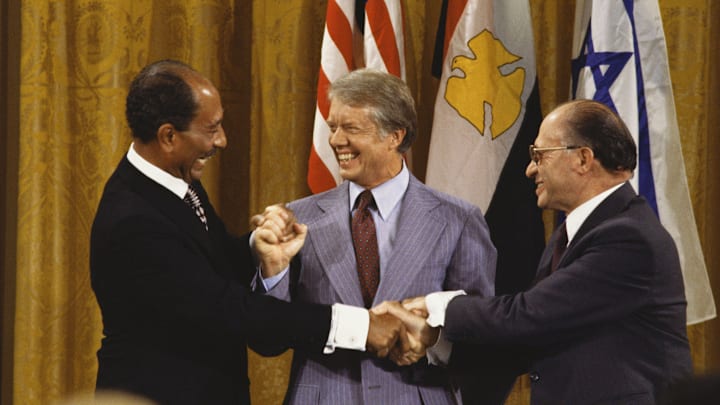The Role of Travel in Promoting Global Understanding and Peace

Travel plays a crucial role in promoting global understanding and peace by fostering cross-cultural interactions and building connections between people from diverse backgrounds. As individuals explore new destinations and engage with different cultures, they gain a deeper appreciation for the complexities and commonalities of the human experience. This process of mutual understanding contributes to a more peaceful and harmonious global community.
One of the primary ways travel promotes global understanding is through cultural exchange. When travelers immerse themselves in new cultures, they encounter different traditions, values, and ways of life. This exposure challenges stereotypes and preconceived notions, fostering a greater appreciation for cultural diversity. Engaging with locals, participating in cultural events, and learning about different customs contribute to a broader worldview and a more nuanced understanding of global cultures.
Travel also provides opportunities for dialogue and collaboration. Interactions between travelers and local communities often lead to meaningful conversations and exchanges of ideas. These interactions can foster mutual respect and empathy, breaking down barriers and building connections across cultural divides. For example, volunteering or participating in community-based projects during travel can lead to collaborative efforts that address common challenges and promote positive change.
Furthermore, travel encourages a sense of global citizenship. As individuals explore different parts of the world, they often develop a heightened awareness of global issues and interconnections. This awareness can lead to a greater sense of responsibility and a commitment to promoting peace and sustainability. Travelers who witness firsthand the challenges faced by different communities are often motivated to support initiatives that promote social justice, environmental conservation, and human rights.
The tourism industry itself also plays a role in fostering global understanding and peace. Responsible and ethical tourism practices can contribute to the preservation of cultural heritage, support local economies, and promote sustainable development. By prioritizing respectful and mindful travel, individuals and organizations can help ensure that tourism benefits local communities and contributes to a positive global impact.
However, it is important to acknowledge that travel alone is not a panacea for global conflict. While travel can foster understanding and connections, it is also essential to address underlying issues of inequality, injustice, and conflict. Travel should be accompanied by efforts to promote education, advocacy, and collaboration on global issues.
In conclusion, travel plays a significant role in promoting global understanding and peace by fostering cultural exchange, dialogue, and a sense of global citizenship. Through meaningful interactions and exposure to diverse perspectives, travel contributes to a more harmonious and interconnected world. By approaching travel with respect and mindfulness, individuals can help build bridges and promote a more peaceful and understanding global community.